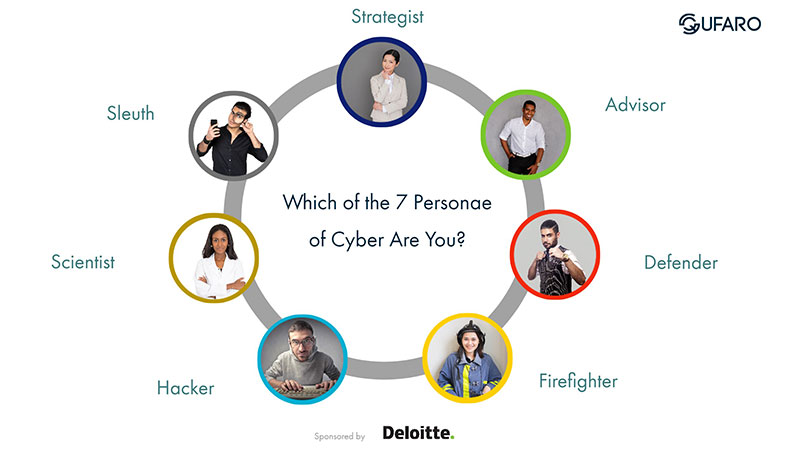Are you a Scientist?
Posted on
In war, there are always two sides: the attackers and the defenders. A less focused on group is the researchers and developers. While soldiers are fighting a war on the front lines, scientists and engineers are researching and developing new weapons, defences and tools; things that give their side an advantage. If one of these such creations is ever captured by the opposing forces, it is reverse engineered to understand exactly how it works, how it can be defended against and even how to re-purpose it. The same goes for war on the cyber front, malicious attackers and system administrators (Black and White Hats) are the soldiers, malware authors develop new and dangerous forms of malware and Scientists reverse engineer these weapons to find out how to stop them.
Links with the CyberEPQ Modules
- 5. Information Security Vulnerability Concepts
- 7. Information Security Incident Management & Conducting and Managing Digital Forensic Examinations
- 9. Information Security Identity and Access Management
What does a Scientist do?
A Scientist is a highly specialized reverse-engineer, programmer and detective. They accomplish their task by using various tools and expert level knowledge to understand not only what a particular piece of malware can do but also how it does it. Becoming a Scientist requires a large amount of focus and discipline as well as training and practice of the inner workings of computer systems, programming methodologies in multiple languages and a keen mind for solving puzzles and connecting the dots.
You might consider becoming a Scientist if you have a passion for computer security, enjoy solving puzzles and like the prospect of always learning new things. You might also enjoy it if you prefer a profession that always poses a challenge or if you look forward to working on new and interesting things. No day is ever the same as the previous, every day is an opportunity to learn something new and fine-tune your skills.
What are companies looking for?
- A fast learner.
- Able to derive meaning from nonsense.
- A good puzzle solver.
- Able to think outside of the box.
- Willing to frequently use the scientific method.
- Resourceful.
- Be familiar with Operating System Concepts, High Level & Low Level Programming (familiarity is fine, working knowledge not required at first), Fundamentals of networking and how to use the internet to perform research.
UK Earning Potential
Upwards of £30,000 depending on geography, experience and definition *
* source: Indeed March 2020
References
Adam Kuiawa, Sept 2012, So You Want To Be A Malware Analyst, viewed 11th March 2020

Learn more about the Seven Personae of Cyber





